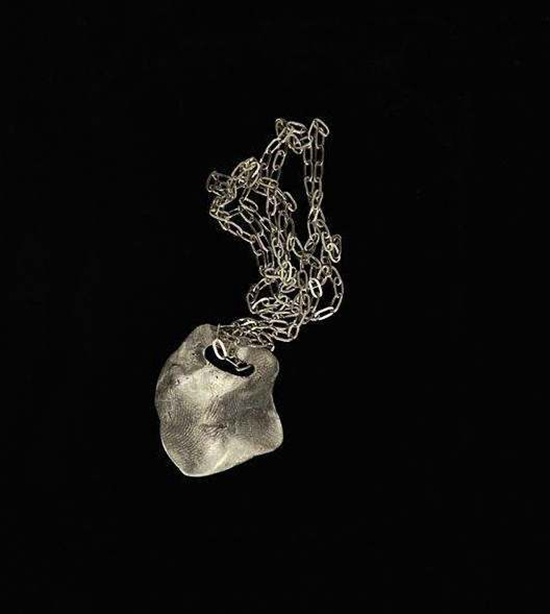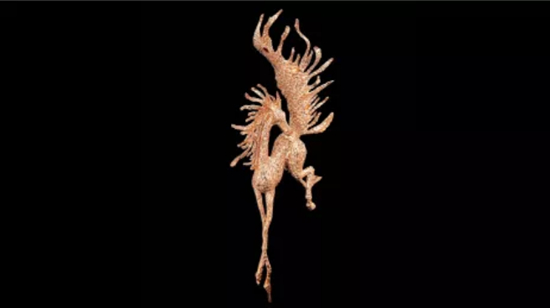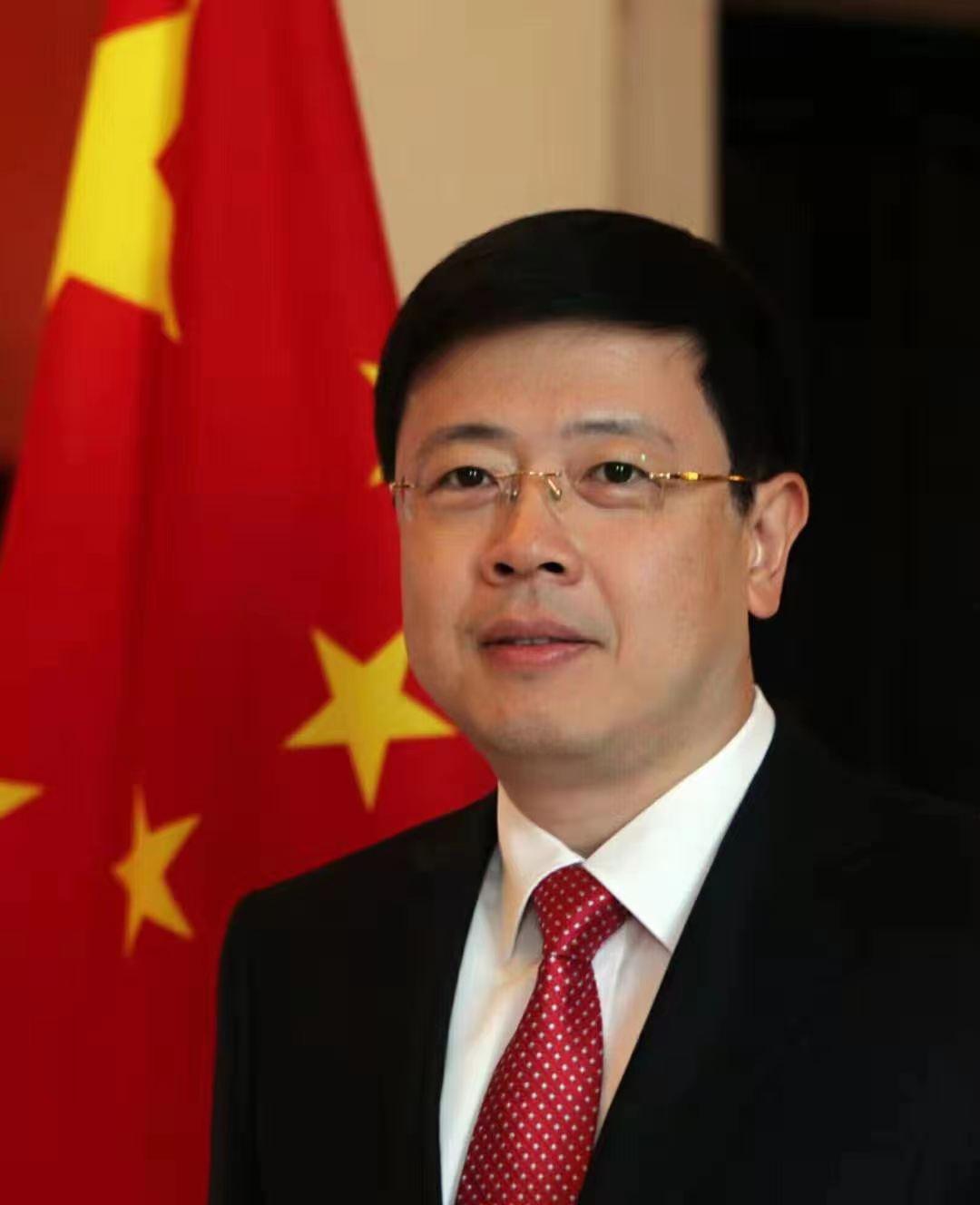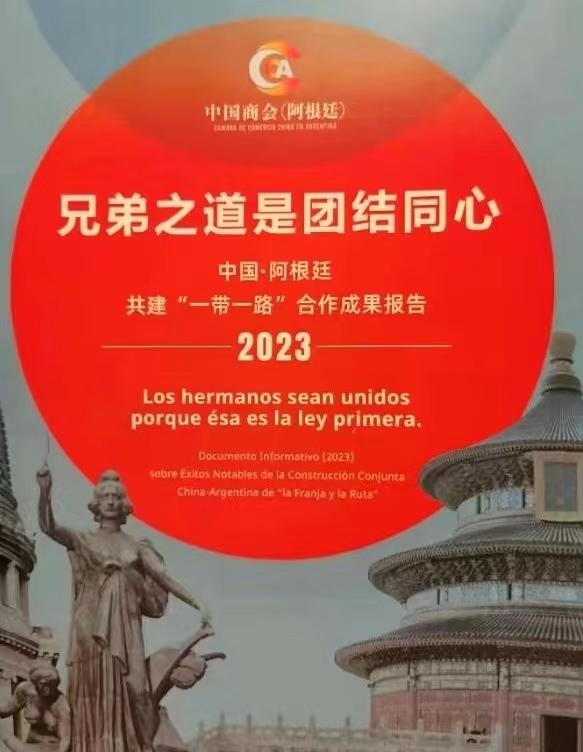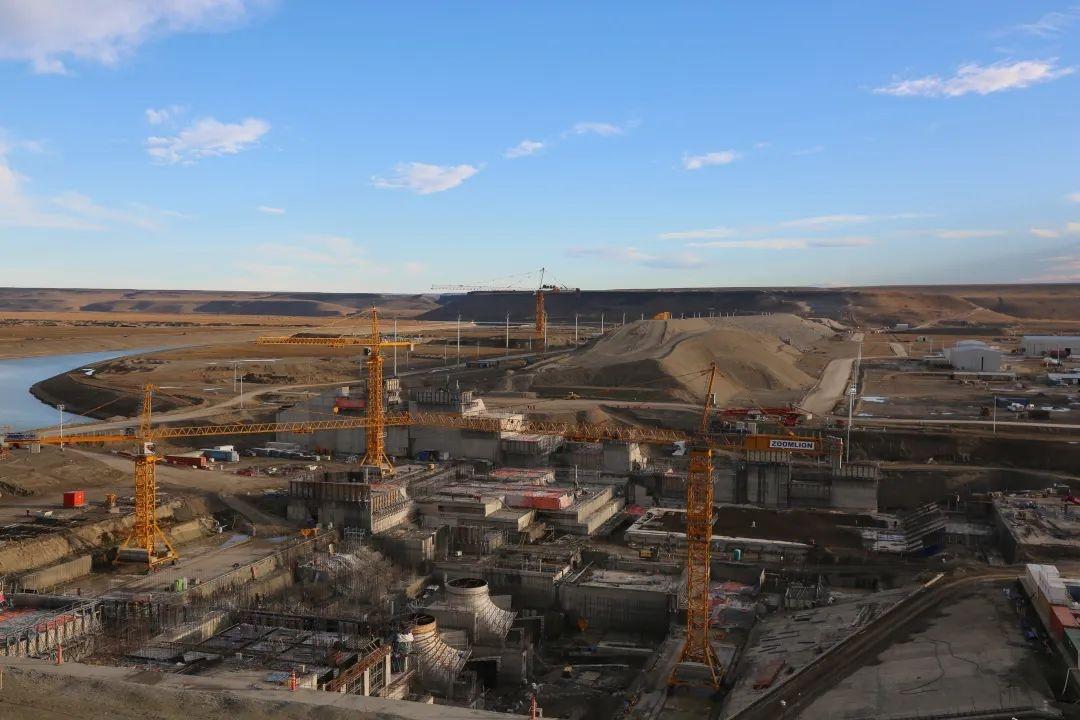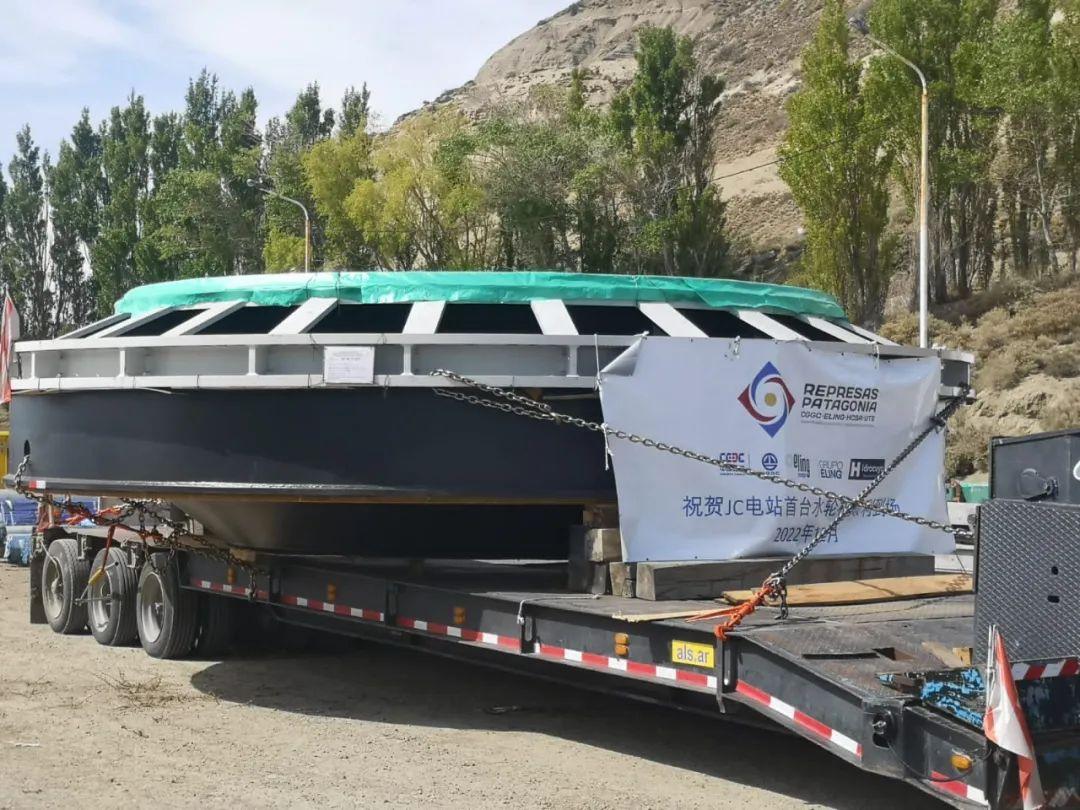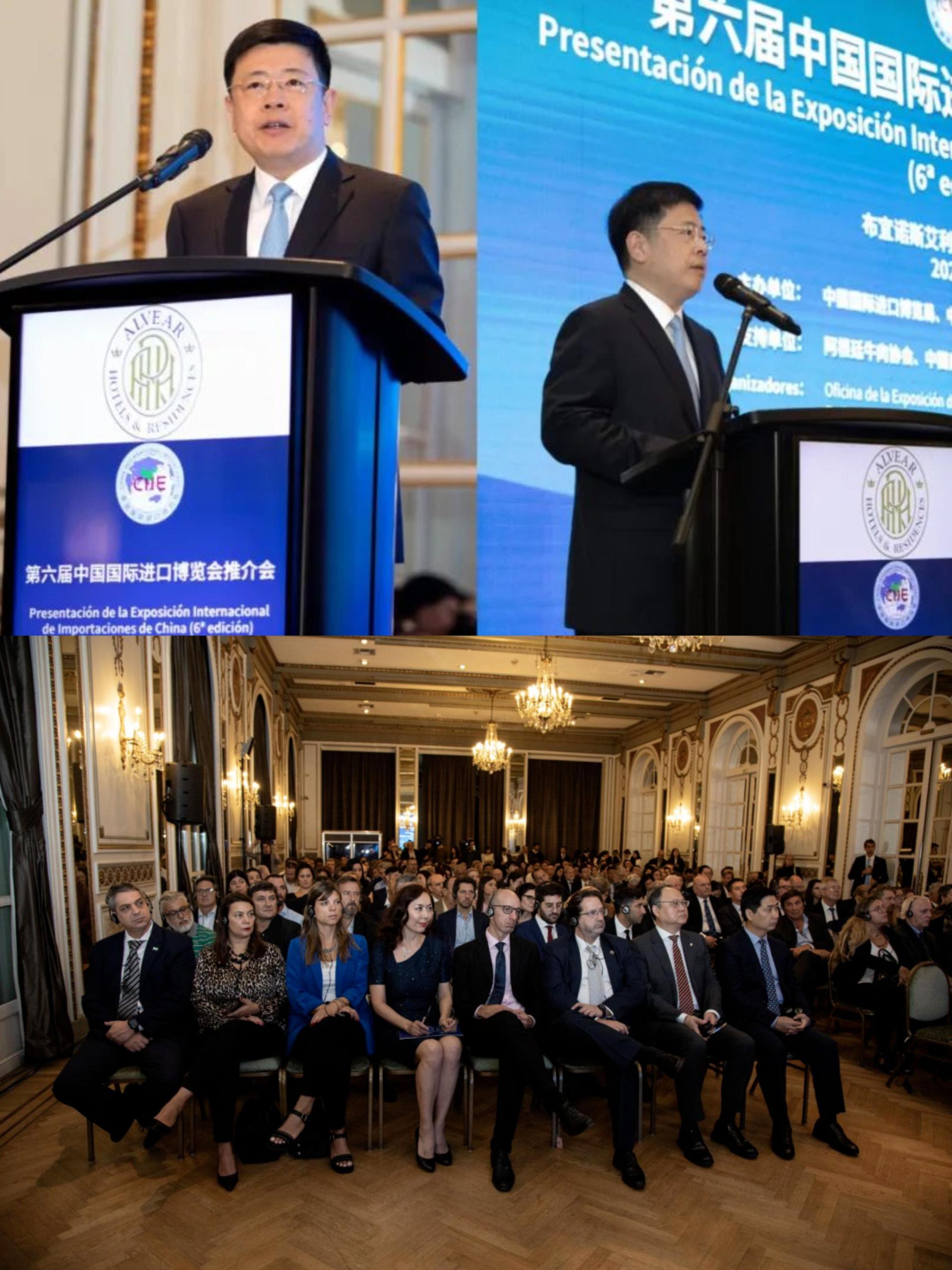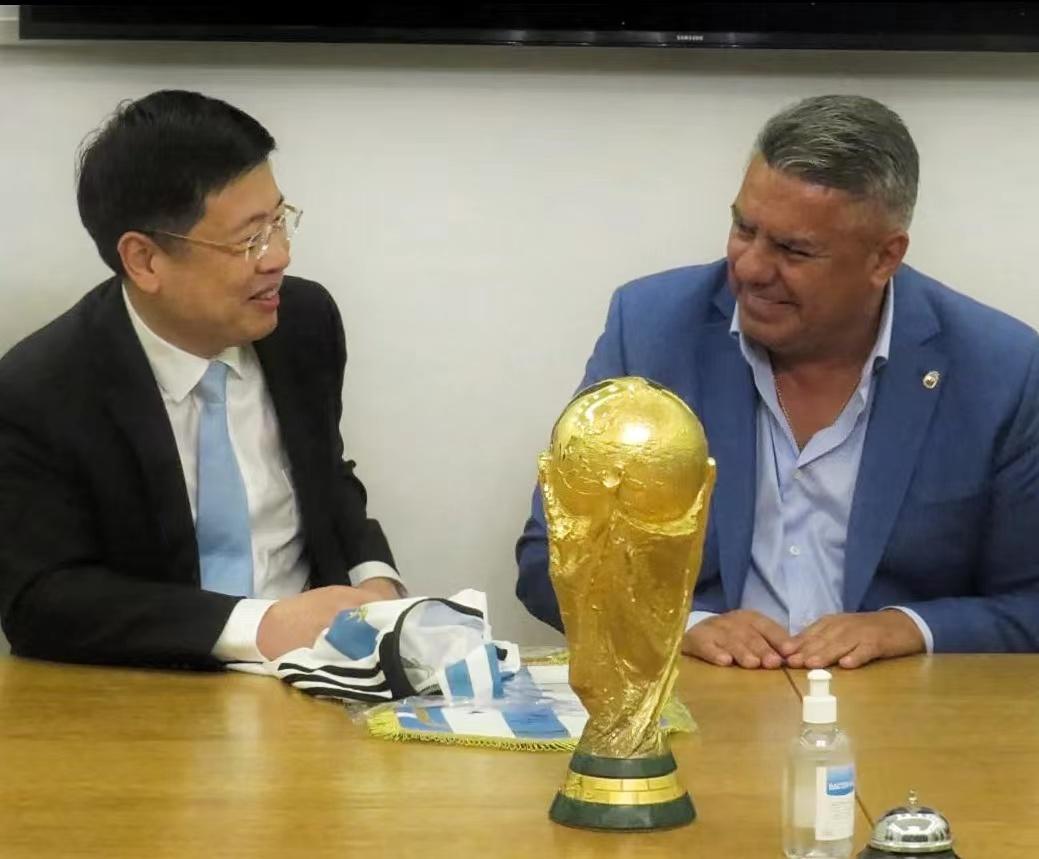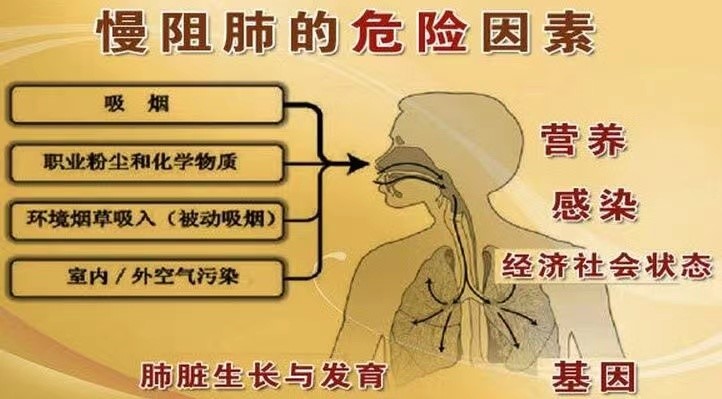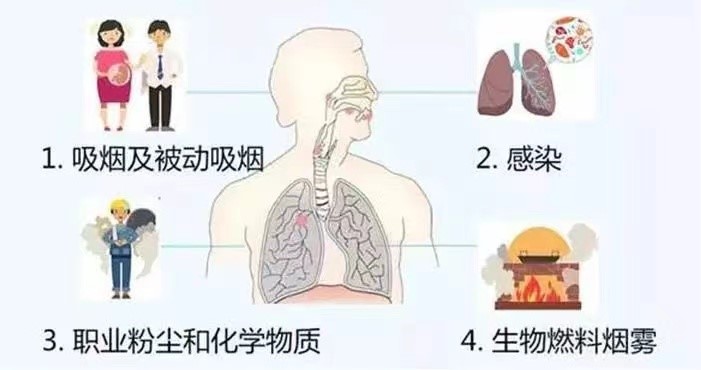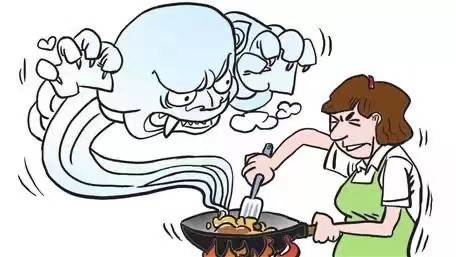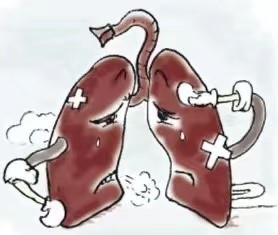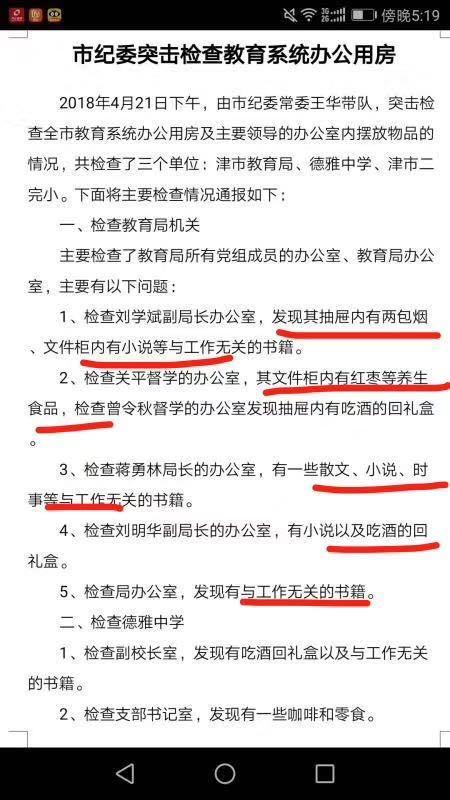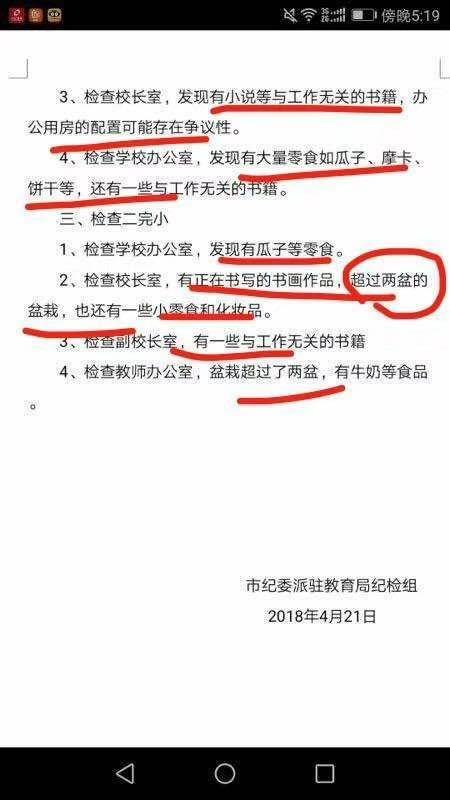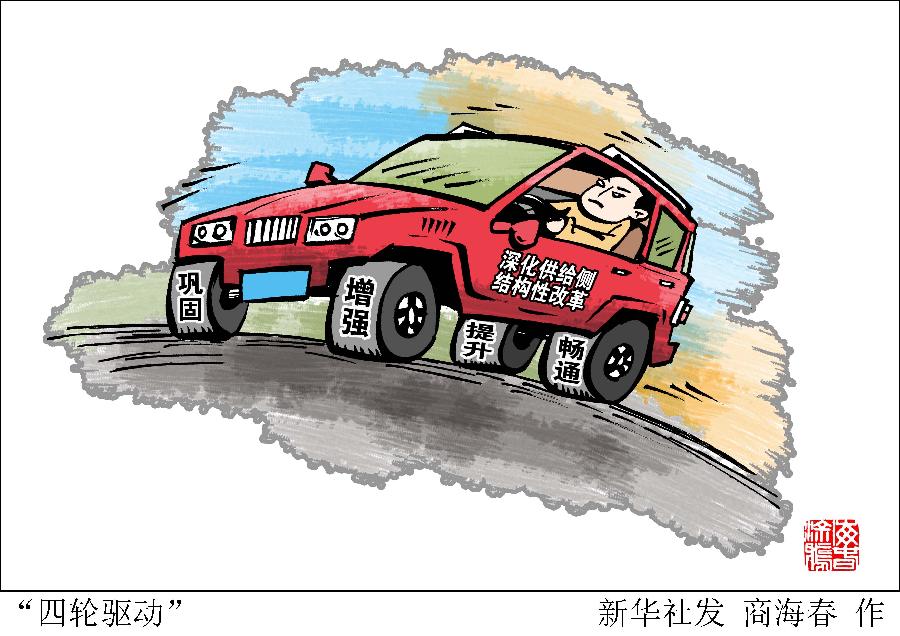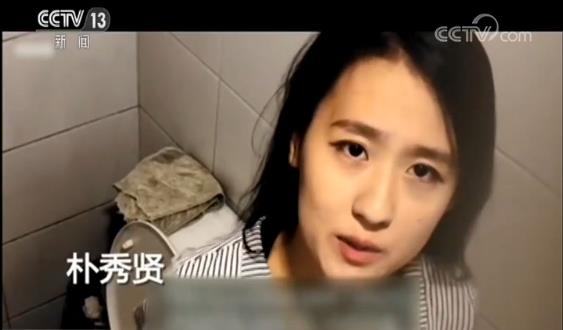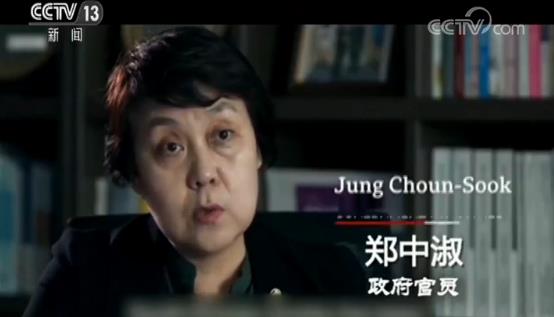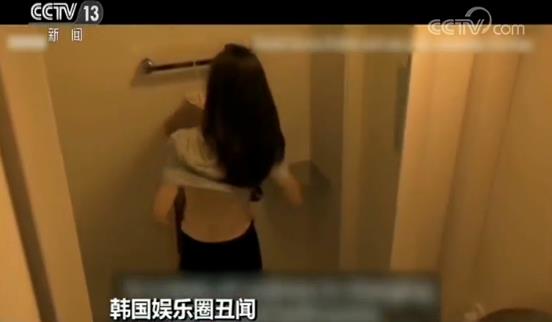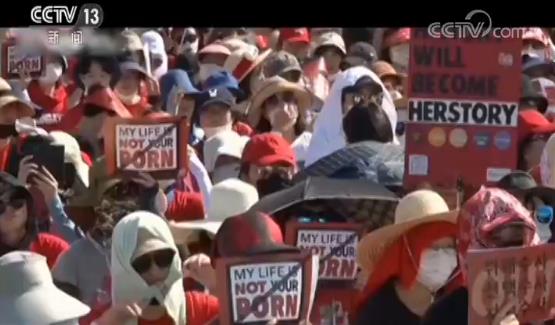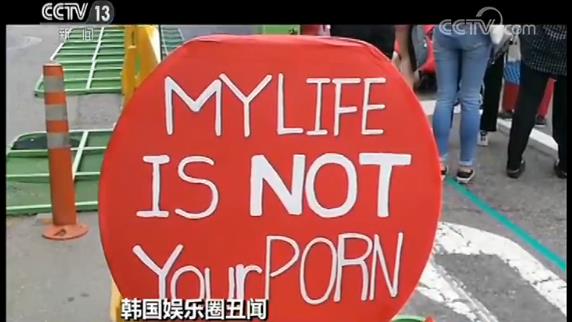Text | Exploring passengers to travel in Mo Wei
Editor | Feng Yu
After a lapse of four years, the Beijing Auto Show has returned and attracted much attention. The long-lost A-class auto show and the fierce competition in the new energy vehicle market have made all auto manufacturers try their best at this auto show.
Extreme Vietnam is no exception.
At this Beijing Auto Show, Extreme Yue announced its second production model, Extreme Yue 07, and made its debut at the auto show. According to the previous information, Extreme Yue 07 will inherit and upgrade its ability in voice and intelligent driving. In addition, Chaoyue will also open PPA in 200+ cities across the country to improve the convenience of users’ travel.
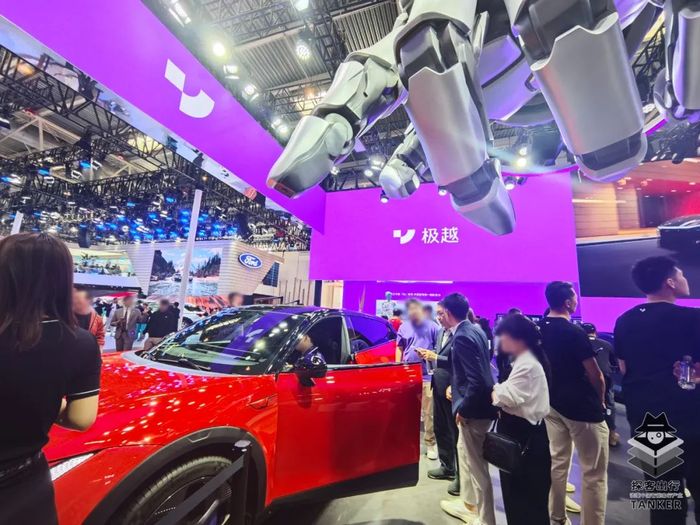
Obviously, Extreme Vietnam is stepping up its pace. As a brand that has "no such person" for a long time, the more urgent it is, the stronger it is than anyone else. According to the data of Tiger Sniff APP, since its listing in October 2023, its monthly sales have been 594, 774, 218 and 167 respectively.
In fact, this new brand, which was established less than a year ago, is behind two well-known enterprises, Baidu and Geely.
"I really haven’t heard of the brand of Extreme Yue before, and there is no sound in the market." A consumer who entered the store for the first time said so.
In today’s fierce competition period which is rare in China’s automobile history, the low popularity also makes the terminal of Chaoyue face greater sales pressure.
Recently, for a long time, Xia Yiping, CEO of Extreme Vietnam, was active in the sales front line and went to the sales store to sell cars in person. In this process, he constantly learned what Ji Yue did right and wrong, and what customers really needed.
Xia Yiping said that the overall data of Extreme Vietnam is improving.
But there is no doubt that in the past six months since listing, the more opportunities have been missed. Just one month after listing last year, the company suddenly dropped 30,000 yuan, from the original 249,900 yuan to 219,900 yuan.
Despite being backed by Geely and Baidu, there seems to be nothing to get rid of except smart driving.
Facts have proved that consumers’ recognition of smart driving is far from as high as imagined. Some insiders admit that consumers’ recognition of Baidu does not mean that it is extremely recognized.
For the "newcomers" in the automobile circle, this turnaround is not easy to fight in the case of early defeat.
01 Extremely over-sold, down 30,000 in January.
"Let’s pass by and have a look at the extreme ~"
When you pass by this Extreme Yue Automobile Experience Store located in Heshenghui, the core business district of Beijing, the Extreme Yue 01 in the store has already taken the lead in greeting you.
According to the sales consultant in the store, this section of speech recognition outside the car was issued by this ultra-01 in front of you. "Through intelligent recognition, this car can realize voice interaction inside and outside the car, including opening and closing doors, unlocking vehicles, etc., which is very intelligent."
At the weekend, the entire Heshenghui shopping mall was crowded with people, and consumers stopped to watch from time to time in the ultra-Vietnamese auto shop. According to the observation of "visiting customers", within one hour, half of the consumers are attracted to the store experience by voice outside the store.
But unexpectedly, during this period, no customer expressed a clear purchase intention or test drive intention.
Kobayashi (a pseudonym), a sales consultant, seems to have become accustomed to this. After receiving the first batch of customers, he immediately accepted the new customers and explained the intelligent driving advantages of this car.
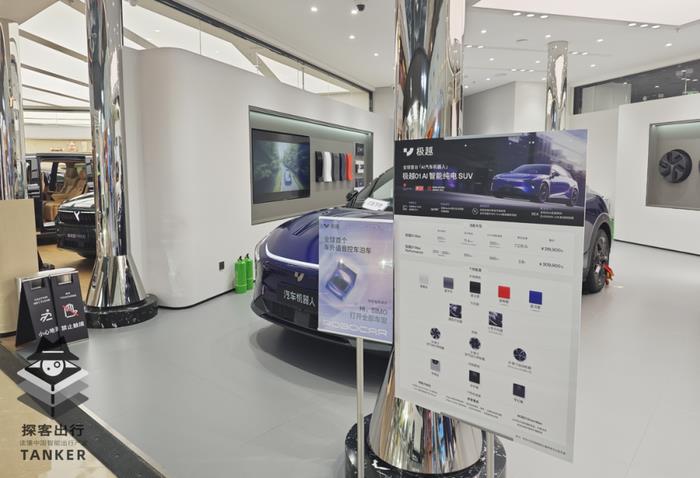
An insider revealed to the "Visitor Travel" that since the opening of this experience store in the core business district of Beijing, there has not been a single delivery.
The inability to convert customers into actual sales volume is indeed the difficulty that the company has faced since its listing in 01.
"Visitor Travel" learned that since the official listing of the Extreme Yue 01 on October 27th, 2023, within 24 hours of listing, the official order quantity of the Extreme Yue 01 has reached 15,000, which is enough to show the market’s expectation for this model at the beginning of listing.
However, the delivery data of the first month did not meet the expectations of the market and consumers. According to the data, the delivery volume of Extreme Vietnam in the first month of 2001 was only 594.
Analysts commented that the huge difference between the actual delivery volume and the order volume, on the one hand, is the production capacity layout, on the other hand, the final conversion volume of orders is not good, and consumers continue to wait and see the products.
Or affected by the poor delivery in the first month, one month after the listing, Extreme Yue 01 immediately announced that the price of all models would be lowered by 30,000 yuan, as well as a limited-time discount for smart driving bags. This behavior of sharply reducing the price within one month of listing is really rare in the whole industry.
At the same time, in order to avoid the "backstab" behavior, Extreme Vietnam offered 30,000 yuan in cash compensation to the users of the premise car while reducing the price.
In fact, before and after the price adjustment, the 200,000-class Extreme Yue 01 is the most competitive price range in China’s new energy vehicle market, especially for SUV models, such as Tesla Model Y, Wenjie M5, Tucki G6 and Weilai ES6.
For this price adjustment, Zhang Xiang, a visiting professor at Huanghe Institute of Science and Technology, believes that the price reduction strategy is likely to be that manufacturers attract consumers at lower prices in order to cope with market competition. "But this kind of official behavior within one month will inevitably lead to the misjudgment of the early decision-making level."
In October last year, Xia Yiping, CEO of Extreme Vietnam, said in an exclusive interview with the media that from beginning to end, we wanted to have a fight with Tesla. At that time, Xia Yiping said that everyone wanted to benchmark Tesla, but no one can shake its position yet. "I think we should not set the price very low when making products. The key is that the product positioning should match the target customers."
However, in less than a month, Extreme Vietnam still fell into the "cliche" of price war, exchanging price for quantity.
02 New Brand Can’t Play with "New" Marketing
Under the condition of low brand awareness and sales volume, the action of extreme marketing has obviously accelerated. However, compared with the car brands that are also blessed by Internet manufacturers, Extreme Vietnam has taken a completely different script from Huawei and Xiaomi.
The marketing problem of terminal has always been the biggest problem that puzzles this new brand.
Even many potential users said on social platforms that after carefully studying the Extreme Yue 01, they also felt that many configurations of this car were good, and they could play at the same price, but they were not known by consumers and there was no sound in the market.
But as the above-mentioned potential users said, the premise of knowing the best is to study it carefully and understand it deeply.
In the car experience of Extreme Yue, it can be clearly felt that the whole introduction of product consultant revolves around the intelligent driving experience of Extreme Yue 01 and the interaction of AI model, and the technical impression is very strong.
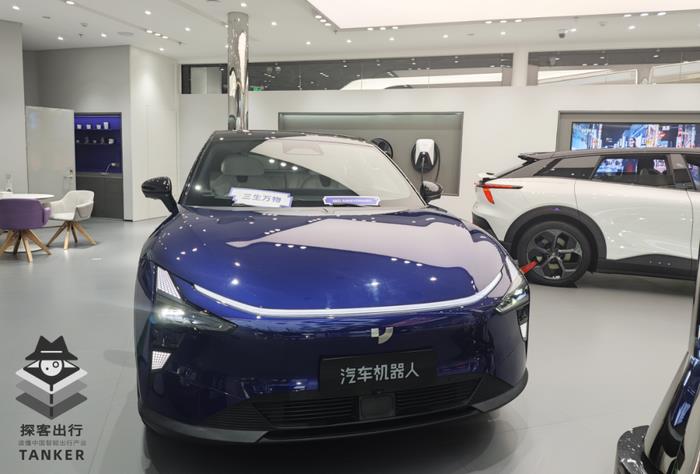
The introduction of strong technical sense makes terminal marketing completely ignore the importance of brand influence and brand building.
When Xia Yiping reflected on the problem of low sales, he also pointed the cause of the problem at marketing. "As a new brand and a new category of products, when a user enters the store, the first question to think about is not that I want to buy a car, but what brand it is, which requires us to solve the problem."
Xia Yiping’s words are obscure, but it also shows the misunderstanding in the terminal marketing mode.
What’s more dramatic is that the brand of Extreme Yue was known to more consumers for the first time because of a "farce" about Xiaomi.
A few days ago, Jiyue Automobile was sent to a hot search because of the social posting of former employees.
The former employee released a video saying that the company was fired for purchasing Xiaomi SU7, and said that "the company did not pay compensation, and also said that it violated the non-competition agreement."
Later, the company clarified that the company was not fired because Yao bought a certain car, but the other party engaged in activities unrelated to the company’s business during working hours, which seriously violated his own work and professional ethics.
The Extreme Vietnam Legal Department stated that Yao’s behavior has seriously violated the company’s labor discipline and rules and regulations, because it is legal and reasonable for the company to unilaterally terminate the labor contract.
For this matter, the attitude of the car is clear. It said that the company did not ask employees not to buy other brands of cars. No matter which brand of cars employees drive, the company’s exclusive parking lot provided them with parking spaces and charging facilities to show the company’s concern for employees.
Looking at the whole story, there is nothing wrong with the practice of the car. However, under the crowd, the fact that the outside world has a low awareness of the brand is also exposed.
According to Cailian News Agency, Jiyue Automobile is carrying out drastic reforms on the marketing side and the sales side. The head of UD- user development department at the marketing side and a number of user directors "dismissed", and Xia Yiping is currently in charge of the department. It is reported that since the end of March, there have been intensive personnel changes in the two major departments of UD and UO.
03 AI big model saves the extreme?
Compared with marketing methods, Baidu, who was born in an Internet company, is more focused on the creation of technical genes.
Baidu is the earliest technology company in China to invest in the research and development of autonomous driving technology. Its Apollo has the largest commercial operation fleet of Robotaxi in China, with a cumulative operating mileage of over 70 million kilometers.
Powerful technical genes enable Baidu to quickly apply its Apollo intelligent driving scheme to the ultra-fast car. At present, it is one of the few companies in China that can support vehicle SOA. Earlier, Xia Yiping also said that the ratio of PPA intelligent driving mileage of extreme users to the total mileage of travel is 2-4 times that of friendly basic assisted driving.
At the same time, with the blessing of Baidu, the Extreme Yue 01 is the world’s first ERNIE Bot model car. Xia Yiping said that the main difference between the big models used in cars is the boarding experience. SIMO, the intelligent AI partner who gets on the bus, is fully integrated with ERNIE Bot, and supports all functional instructions in the car.
In terms of intelligence, Extreme Yue is also different from most car companies. It adopts a pure visual intelligent driving scheme with the same origin as Tesla, and it is the "only second" pure visual solution mass production brand in the world. At the AI DAY held a few days ago, the company carried out the fifth OTA upgrade since its listing, almost updating every month since its listing.
It can be said responsibly that with the blessing of Baidu, there is no shortage of intelligence.
However, the problem is that in the current market stage, the popularization of intelligent driving technology and user acceptance are still a gradual process, and it is extremely necessary to invest more efforts in market education and user training.
The hard condition is that, up to now, China’s autonomous driving technology still stays at L2 level, and fully intelligent driving is limited by policies and regulations, and also restricted by actual road traffic conditions.
More importantly, for the current consumers, intelligence is not a "timely help", but a "icing on the cake".
According to the research on China’s new car purchase intention (NVI) released by J.D.Power in 2023, although the intelligent experience of cars has increased in recent years, its influence on users’ car purchase only accounts for 14%.
As Yang Tao, general manager of J.D.Power’s China Automotive Products Division, said, in this year’s research on new car purchase intention, the influence weight of intelligent experience on consumers’ car purchase rose to 14%, reflecting that with the transformation and upgrading of China’s automobile market, smart cars equipped with advanced technology are becoming an important choice for consumers to buy cars.
For car companies, simply piling up intelligent configuration does not mean realizing the intelligent experience of users. Only by finding the real demand scenarios of target users and presenting them in a form that they can easily understand and use can the intelligent experience be improved.
This also means that the advantages of intelligent driving are valuable, but it is the essence of car companies’ technology development to transform it into brand voice and ultimately affect market performance and user acceptance.
In the view of "visiting tourists", the AI tag is more like icing on the cake for the ultra-Vietnamese car. The product experience in intelligent driving and AI has increasingly become the key for consumers to buy new cars.
It is reported that the second pure electric car, Extreme Yue 07, will be launched in the second half of the year, with a more dynamic appearance and design, bearing the determination of Extreme Yue to "turn over".
However, it has to be admitted that for today’s involution-oriented automobile market, all brands are gearing up, and the intensity is not the same, and the knockout has already begun. Being in the extreme, if you want to be the one left behind, you must come up with real skills.









